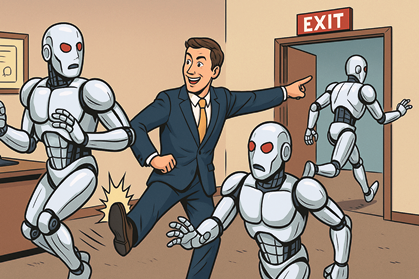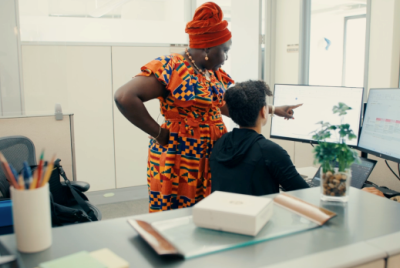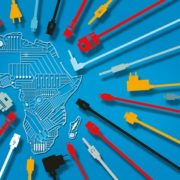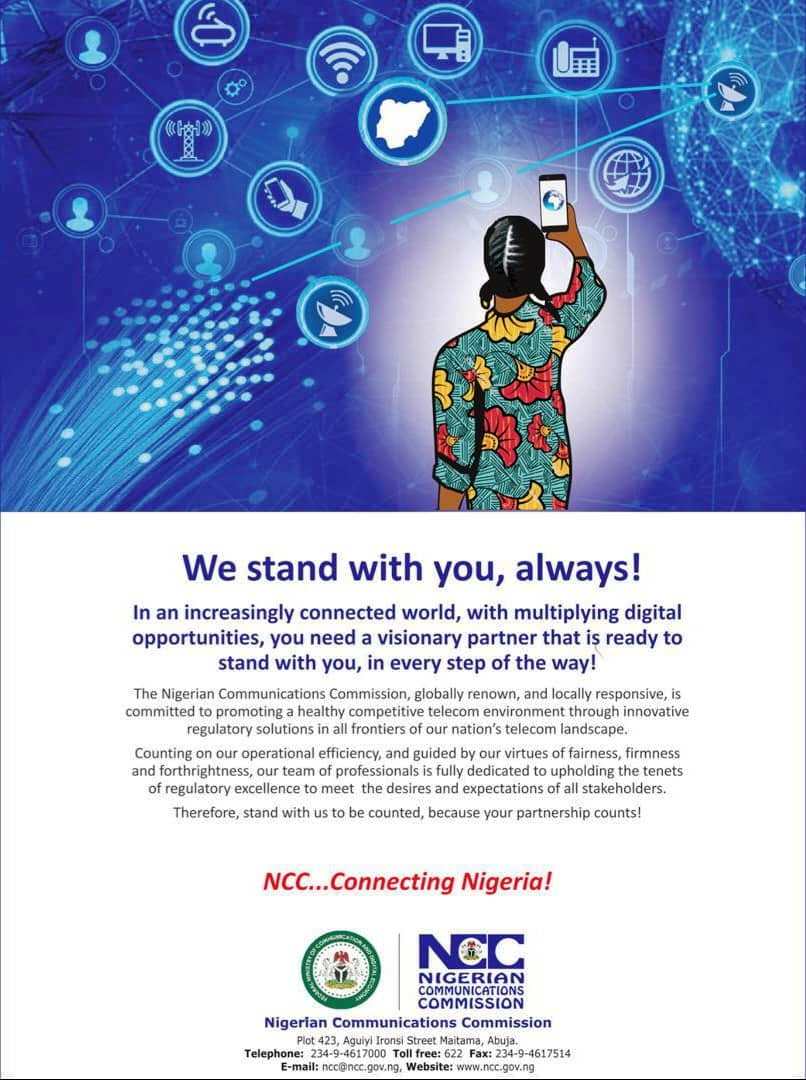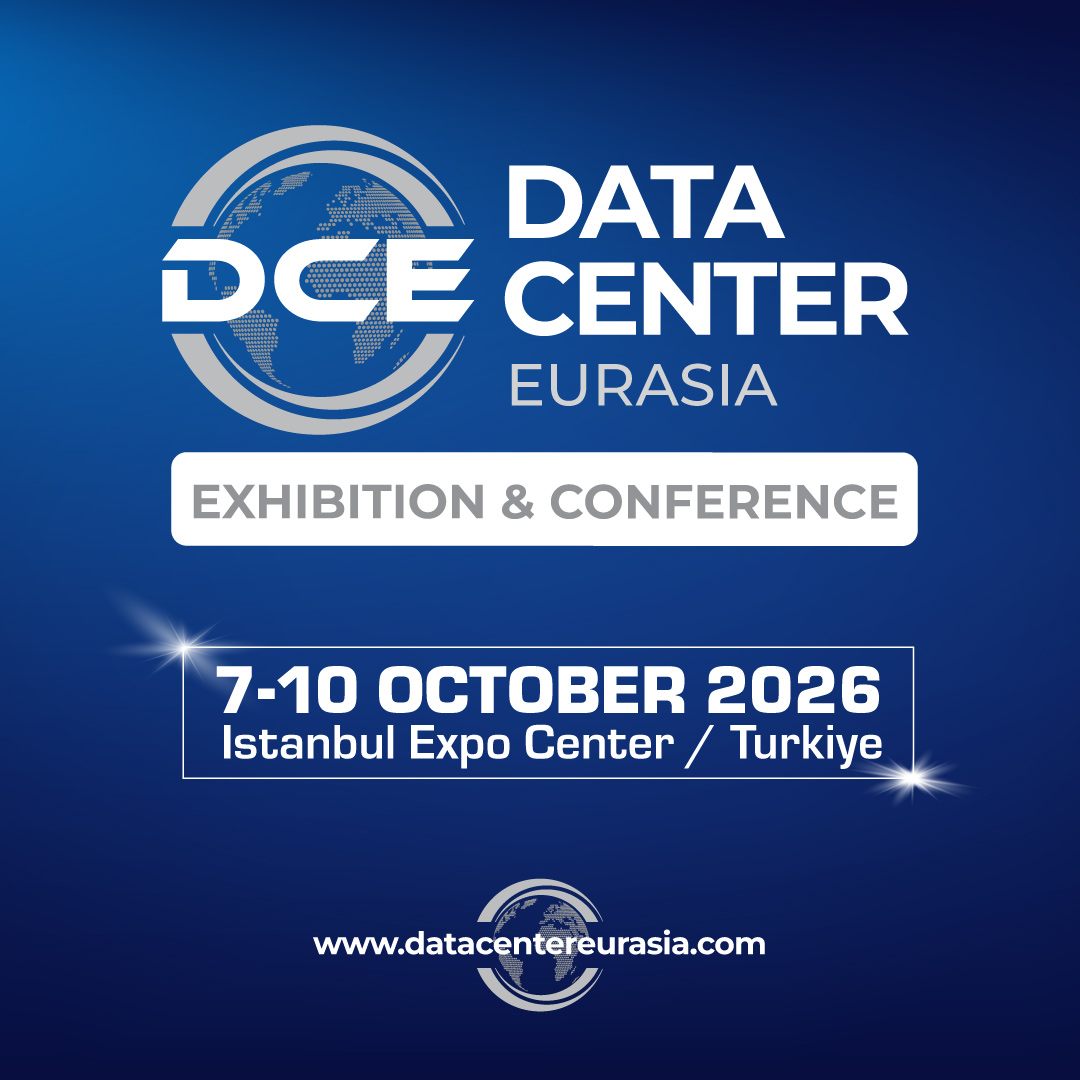A recent report found that 10,000 job cuts were linked to AI in July 2025, as businesses rushed to embrace automated tools [1]. However, outsourcing jobs like graphic design and customer service is already causing reputational damage as 53% of consumers dislike or even ‘hate’ their experiences with AI [2].
RELATED: 53% say they ‘hate’ AI experiences – and brands are paying the price
GEO Agency Reboot Online is calling this wave of consequences the ‘AI aftershock’ as businesses begin to feel the hidden costs of implementing new technology without a clear strategy.
Just this week, Accenture told staff to use AI or leave as it axes 11,000 staff, while last month Salesforce confirmed 4,000 job cuts as AI took over its customer support. But how sustainable is this model?
Shai Aharony, CEO of Reboot Online, explains how clients are realising that short-term AI savings can come at the expense of long-term visibility and consumer trust:
“Companies that rushed to cut jobs in the name of AI savings are now facing massive, and often unexpected costs.
“We’ve seen customers share examples of AI-generated errors – like chatbots giving wrong answers, marketing emails misfiring, or content that misrepresents the brand – and they notice when the human touch is missing. Some have even left negative reviews and shared warnings on X, TikTok and Reddit advising others to avoid companies that overuse AI. This kind of reputational damage can be expensive.
AI is projected to automate millions of jobs, with predictions suggesting that up to 300 million full-time jobs globally could be affected, and nearly half of all jobs potentially automated by 2045 due to advancements in generative AI and robotics. Jobs involving repetitive or standardized tasks, such as cashiers, call center operators, data entry clerks, and customer service agents, are at high risk of automation by 2030.
“In many cases, companies have switched from human customer service to AI-driven support, yet 64% of people prefer human interaction, according to a recent study. In 2024, a DPD chatbot swore when prompted by users and told customers that DPD is useless. These new technologies can easily backfire.
“But the U-turn has started to pick up. A few months ago, after firing its workers, Klarna’s CEO suggested the AI job cuts led to lower quality service and wanted them back to improve customer service. And we’re seeing the same trend in the PR, SEO and marketing sectors.
“At Reboot, we’ve had businesses reach out after trying to replace their PR agency with AI. They discovered multiple issues, ranging from miscommunication, missed opportunities and hallucinations, all resulting in lower impact on their campaigns. It’s like they’re having an AI aftershock.
“These poor AI experiences can not only result in lost revenues, but longer-term brand damage, crisis management costs and reputational risk. Many are now re-investing in human expertise, often blending AI tools to support creativity, rather than replace it entirely. Understanding your customers, your brand and your services remains important for sustainable growth.”

